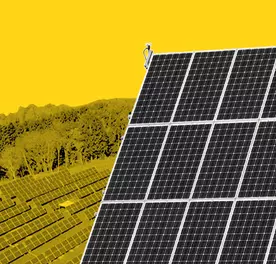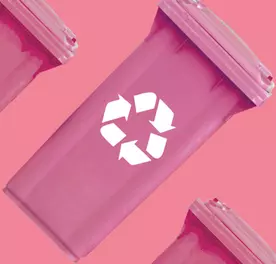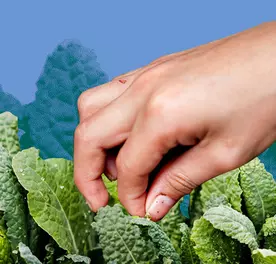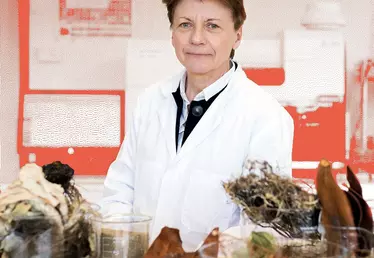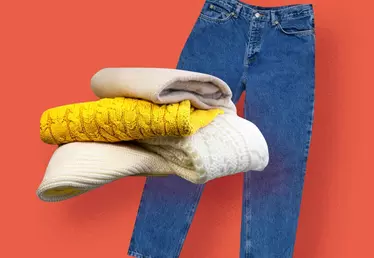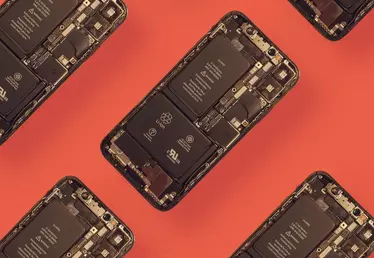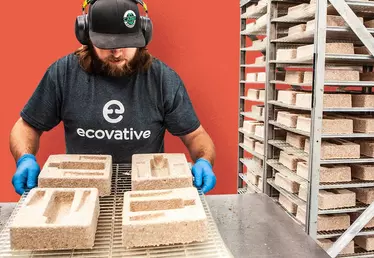

Hero banner custom title
Reducing babies’ environmental footprint
1 min
Even the most environmentally-conscious young parents must acknowledge that babies can be a real eco-disaster. They use a frightening number of nappies; their meal leftovers are usually thrown away; and the baby food that their parents buy is often pre-cooked and sold in individual packages, adding to the high levels of pollution that the food processing industry already generates. Thankfully, however, certain good practices make it possible to feed the little kiddies without taking a further toll on Planet Earth’s limited resources.
Changing eating habits to reduce pollution
Ideally, the food that parents serve their babies should always be home-cooked. Organic, local and seasonal products are preferable, much like they are for adults. This can be very time-consuming, of course, explaining why it’s also a good idea to prepare large portions that can then be divided up into smaller quantities kept in the freezer, packed into glass containers and even ice cube trays.
Conversely, single-use individual portions – the cause of so much problematic waste – should be eliminated. Parents can make their own baby puree or juice (where possible, from bruised but still edible fruit and vegetable) and serve it in reusable water bottles, which are easy to find in stores nowadays.
Crucially, these containers should be made from BPA-free or phthalate-free plastic.
Avoid disposable baby hygiene products
Items like wipes or nappies that are used on a daily basis for babies’ hygiene needs are often designed to be single-use and therefore generate a great deal of pollution, especially because they tend to be made out of non-recycled, non-biodegradable plastic. Thankfully, there are a number of simple alternatives, like using washable gloves and fabrics instead of wipes and even (and perhaps more surprisingly) washable nappies instead of commercial ones. Enterprising parents can make these at home themselves.
Of course, it’s also crucial that the burden of childcare and indeed ecological care (preparing eco-friendly meals, running errands, organizing containers) not fall on mothers alone. Fathers are just responsible for saving Planet Earth. After all, the babies living in the environment that they help to create are their descendants as well.

